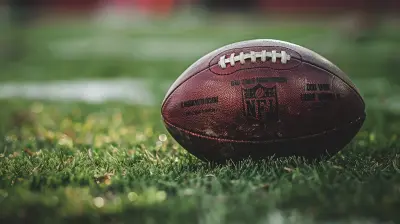Understanding Hydration Needs for Swimmers
17 July 2025
When most people think about swimming, they picture splashing around in a pool, maybe doing some laps, and having a good time. But behind every serious swimmer is a carefully curated routine that includes one of the most overlooked performance tools: hydration. That’s right, staying properly hydrated can make or break your time in the water.
Swimmers might not feel as sweaty as runners or cyclists, but that doesn’t mean they’re not losing fluids—and a lot of them. This article breaks down everything you need to know about hydration for swimmers: why it’s crucial, how much you need, signs you're running dry, and how to hydrate smartly before, during, and after your swim.
Let’s dive in, shall we?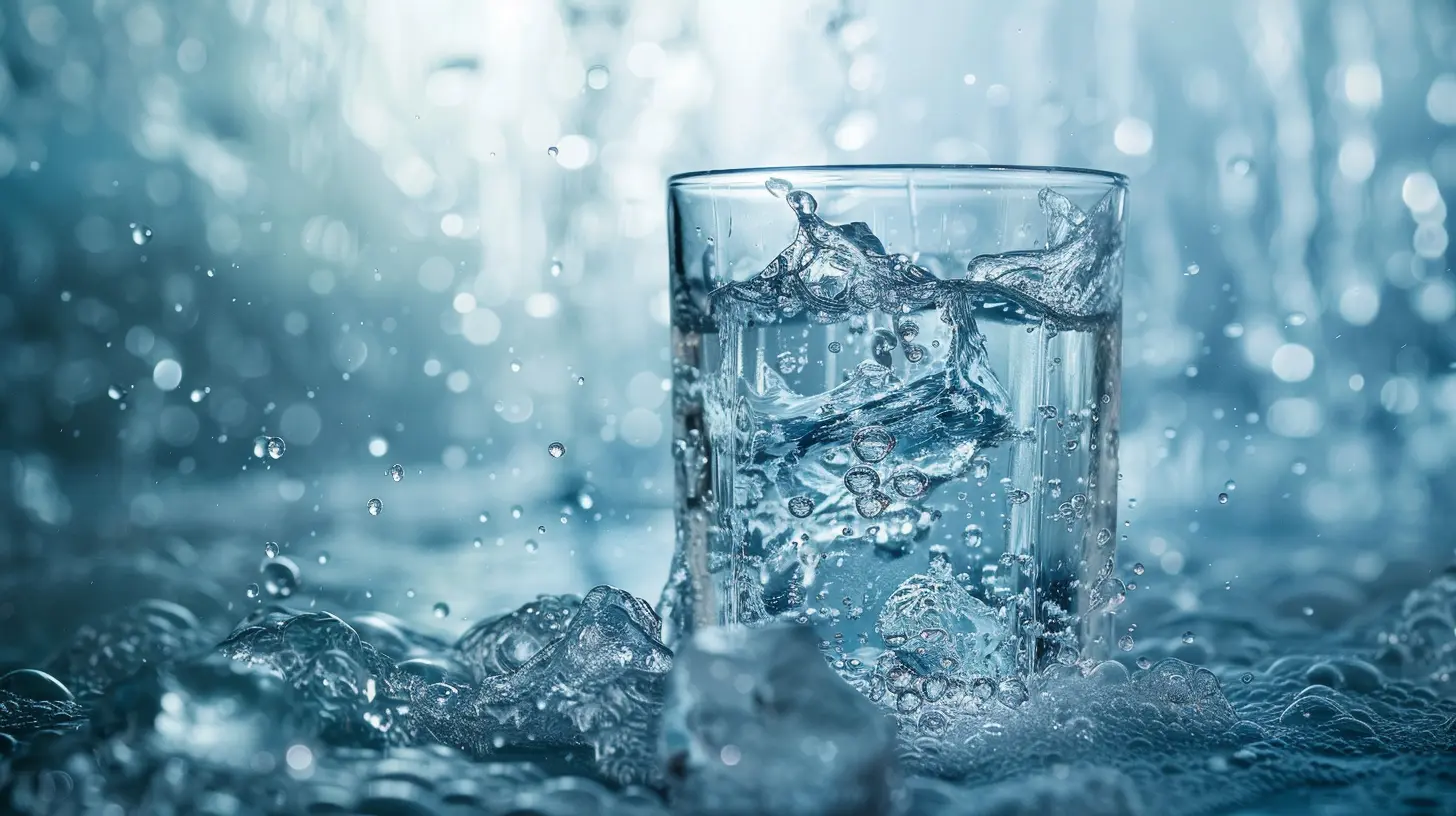
Why Hydration Matters More Than You Think
Think about your body as a high-performance engine. Water? That's the oil. You need it to keep things running smoothly. Hydration affects everything from your energy levels to how well your muscles recover after a rough training session. And in swimming, where every second counts and every stroke matters, there’s just no room for being even slightly dehydrated.Water Isn’t Just Water—It’s Fuel
Your muscles are made up of nearly 75% water. Your brain, too. When you’re dehydrated, your body can’t transport nutrients efficiently, your muscles start to cramp, and your focus drops. For swimmers, who rely on endurance, coordination, and mind-body connection, dehydration can feel like swimming against a rip current.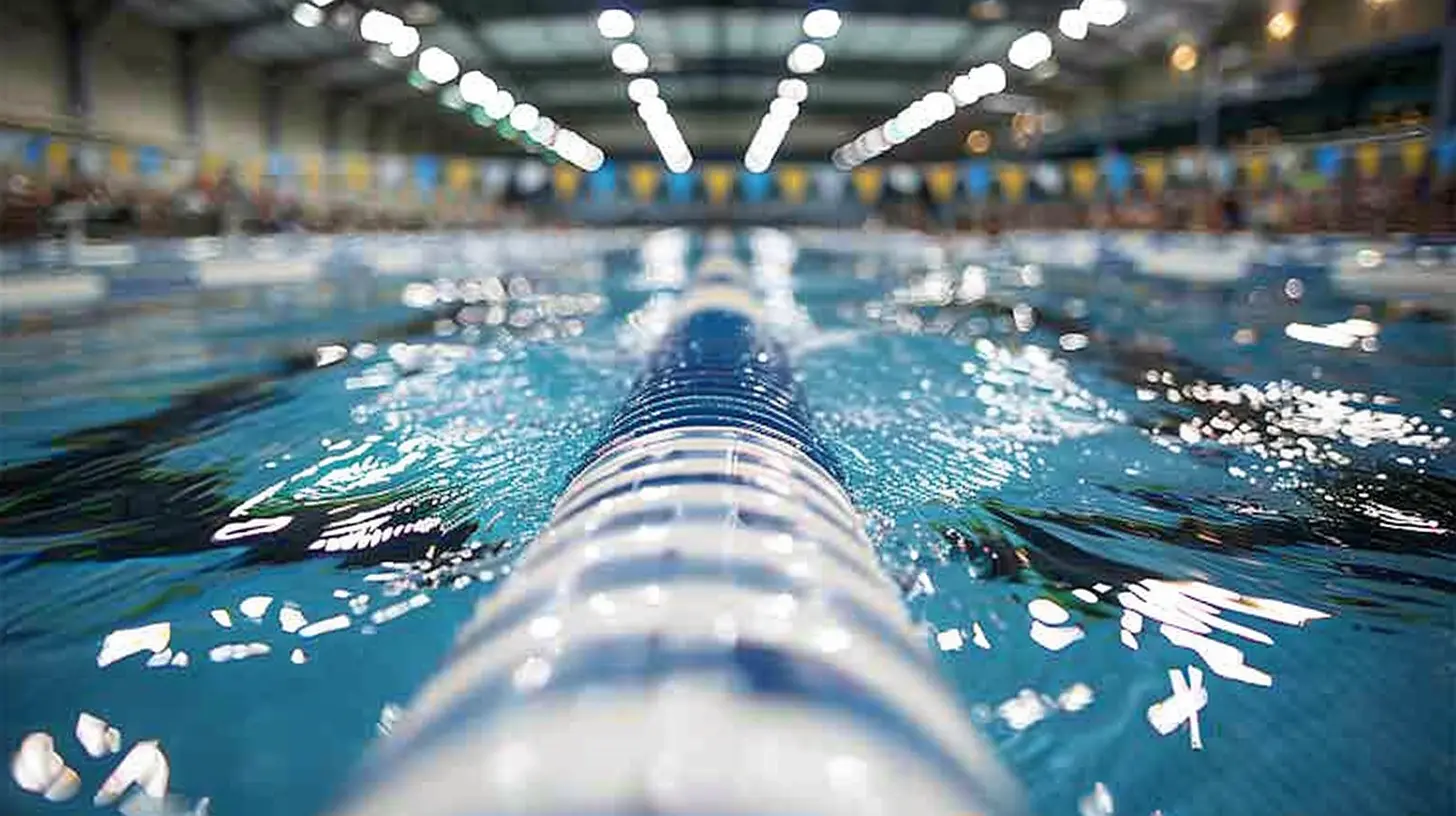
Do Swimmers Really Get Dehydrated in Water?
That’s the kicker. Because you’re surrounded by water, you don’t realize how much you’re losing. But just like other athletes, swimmers lose fluids through sweat—even if they don’t notice it.Hidden Sweat in the Pool
The big difference is, in water, sweat evaporates differently. There’s no sticky T-shirt or salty face to clue you in. Plus, most swimmers train in warm indoor pools where the humid environment makes it even harder to sense fluid loss. It’s deceptive, but trust me—you’re sweating more than you think.Short-Term Dehydration Effects
- Fatigue sets in faster.- Reaction time gets slower.
- Heart rate ticks up unnecessarily.
- Muscle cramps creep in.
- Focus? All over the place.
And let’s not forget the dreaded post-swim headache—a classic sign that you're not hydrated enough.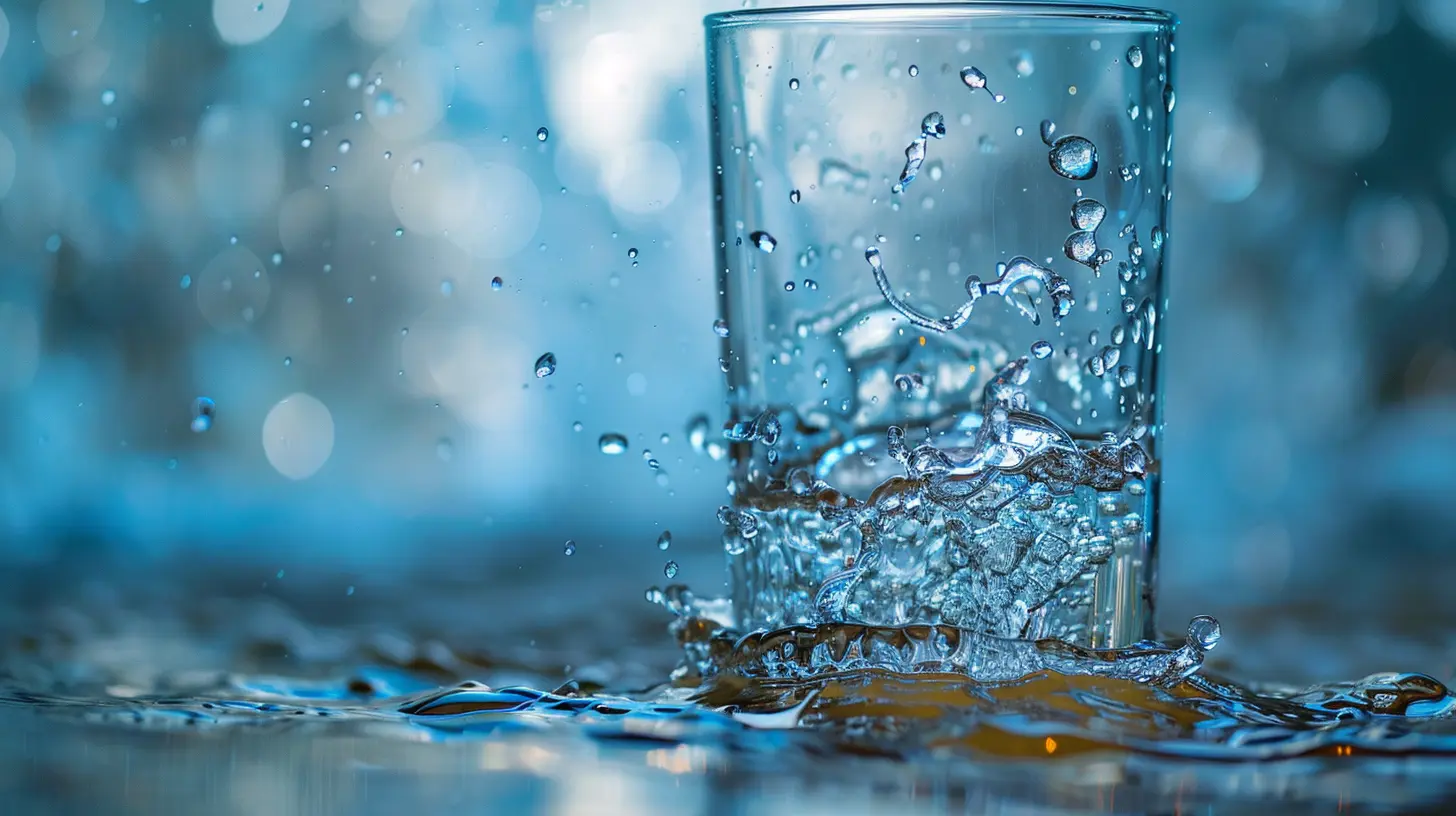
How Much Should Swimmers Drink?
There’s no exact one-size-fits-all rule. Your hydration needs depend on your age, gender, weight, training intensity, and even the pool environment. But here’s a general ballpark:Daily Fluid Needs
For most active swimmers:- Men: ~3 liters per day
- Women: ~2.5 liters per day
That’s on top of what you lose in the pool. And if you’re training hard? You’ll need even more.
Pre-Swim Hydration
Think of hydration like preheating your oven. You want to be ready to perform when you hit the water.- Aim to drink 16-20 ounces of water about 2–3 hours before practice.
- A quick 8-ounce top-off 10-15 minutes before getting in helps too.
This helps your muscles fire properly and keeps your energy levels stable.
During-Swim Hydration
If you’re swimming for under an hour, a few sips mid-session might be enough. But for intense sessions or anything over 60 minutes?- Keep a water bottle on deck and aim to sip every 15–20 minutes.
- For longer swims or high-heat training, consider electrolyte-enhanced water.
Post-Swim Hydration
After you're done? Time to refill the tank.- Drink at least 20-24 ounces of water for every pound lost during your session.
- Not sure how much you lost? Weigh yourself before and after practice. It works like a charm.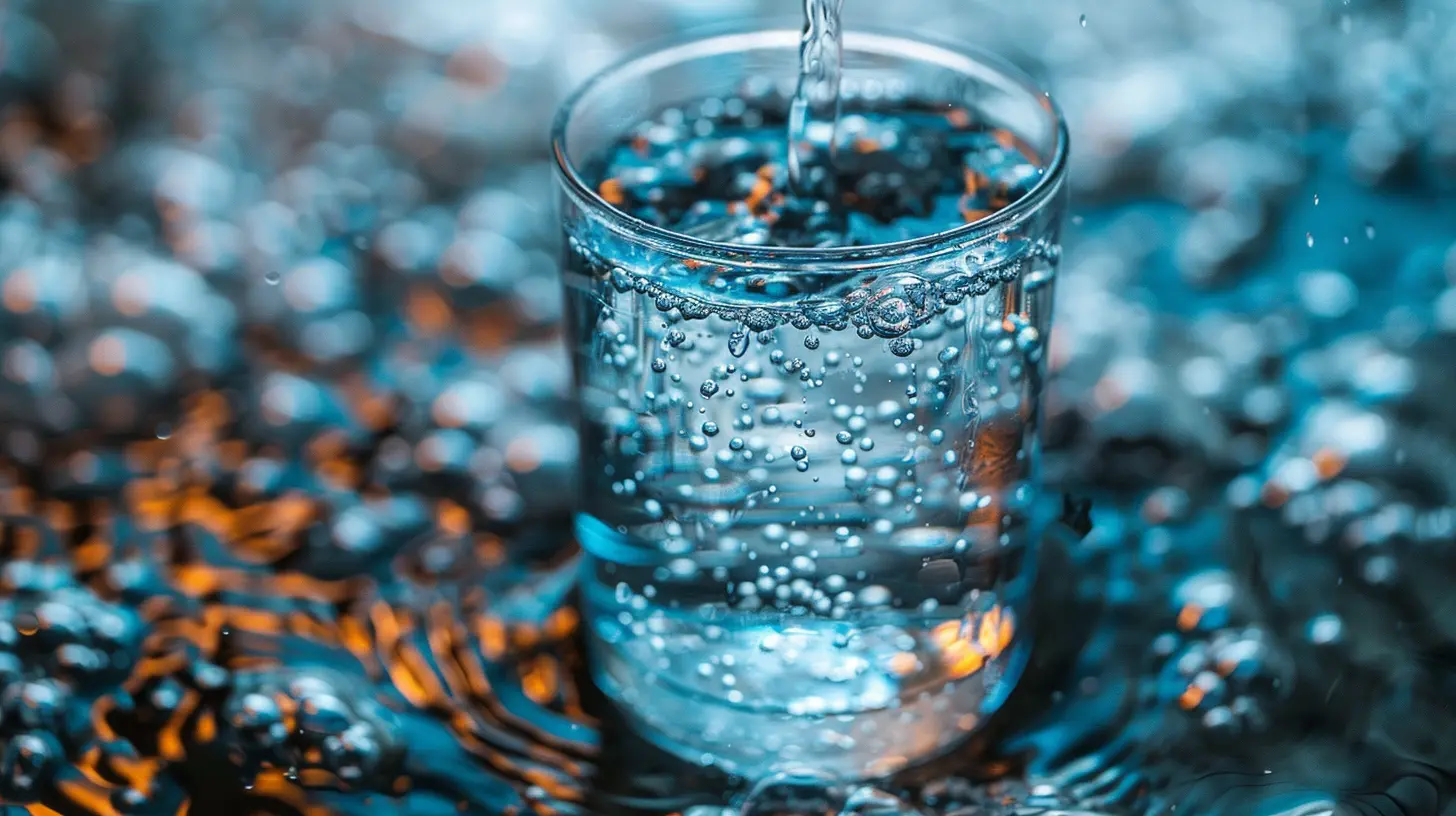
What About Electrolytes?
Glad you asked! Hydration isn’t just about water. It’s also about electrolytes—those essential minerals like sodium, potassium, calcium, and magnesium.Why Electrolytes Matter
When you sweat, you lose more than just water. You lose salts that help your muscles contract and your nerves communicate. Replacing them is key, especially after a long or intense swim.When to Use Electrolyte Drinks
- Hot environments- Training longer than 60 minutes
- Feeling tired or cramping mid-workout
- If you’re a salty sweater (yep, that’s a thing)
Go for drinks with low sugar and balanced electrolytes. No need to down a whole bottle of sugar just for a few minerals.
Hydration Tips for Swimmers
You don’t need to overhaul your life—just tweak your habits. Here’s how:1. Keep a Water Bottle Handy
Simple, right? Keep it in your swim bag, on the pool deck, by your bed… make water your sidekick.2. Don’t Wait Until You’re Thirsty
By the time you feel thirsty, you're already mildly dehydrated. Sip consistently throughout the day.3. Monitor Urine Color
Yep, we’re going there. Pale yellow = good. Dark yellow or amber = drink up, champ.4. Eat Water-Rich Foods
Cucumbers, oranges, watermelon, zucchini—they all count toward your hydration. Snacks can hydrate, too.5. Limit Diuretics
Caffeine and alcohol increase fluid loss. If you have your morning coffee, just balance it with extra water.Swimmers at Higher Risk of Dehydration
Some swimmers need to pay extra attention to their fluid intake. Are you one of them?- Age Matters: Young swimmers may not recognize thirst well.
- Masters Swimmers: Aging impacts fluid regulation.
- Open Water Swimmers: Long distances + sun exposure = major fluid loss.
- Sprinters & Distance Swimmers: Both ends of the training spectrum require max performance.
And let’s face it, if you sweat a lot (and haven’t replenished), you’re heading for a crash—even in water.
Signs You’re Not Hydrated Enough
Let’s break out the warning signs:- Dry mouth (yep, even in water)
- Fatigue or feeling sluggish
- Muscle cramps
- Headaches
- Dizziness
- Inability to focus or stay mentally sharp
If you consistently experience these after or during training, your water game needs help.
The Role of Hydration in Recovery
You crushed your swim. What now?Hydration plays a major role in post-workout recovery. It helps you:
- Transport nutrients to tired muscles
- Flush out waste from the body
- Prevent the soreness from hanging around
Pair that with some protein and carbs, and you’re back in business.
Myth-Busting: Hydration Edition
Let’s clear the air on a few common myths:Myth #1: Swimmers don’t need to drink much since they’re in water.
Totally false. Being wet isn’t the same as being hydrated.Myth #2: Only Gatorade works for hydration.
Nope. Water is usually enough. And there are tons of smart hydration products with better nutrient ratios and less sugar.Myth #3: You can “stock up” on water before practice.
You can’t preload water like you do carbs. Over-hydrating just sends you running to the bathroom—not into peak performance mode.Hydration for Swim Meets
Swim meets are a whole different beast, right? Long hours, heats hours apart, nerves, and plenty of waiting around.Smart Meet-Day Hydration Strategy
- Start early: Don’t play catch-up when you arrive.- Sip consistently: Especially during long breaks between events.
- Watch your intake: Avoid chugging—sip small amounts often.
- Refuel with a purpose: Combine fluids with snacks like fruit, sports drinks, or light sandwiches.
Stay light, stay sharp, and don’t wait for fatigue to hit before taking action.
Final Thoughts
Hydration for swimmers isn’t optional—it’s essential. Think of it as the lubricant to your performance engine. It’s what keeps your strokes smooth, your focus dialed in, and your energy buzzing from dive to finish.Whether you're training for the Olympics or just enjoying your morning laps, don’t leave water on the bench. Make it part of your routine, the same way you stretch or warm up. Your body (and future self) will thank you.
So, next time you grab your cap and goggles, don’t forget what might be the most important item in your swim bag—a big ol' bottle of water.
all images in this post were generated using AI tools
Category:
SwimmingAuthor:

Everett Davis
Discussion
rate this article
1 comments
Jonah Mercado
Great insights on hydration for swimmers! Staying properly hydrated is crucial for performance and recovery. I'll definitely be more mindful of my fluid intake during training and competitions. Thanks for the helpful tips!
August 4, 2025 at 12:01 PM

Everett Davis
Thank you! I’m glad you found the tips helpful. Staying hydrated is key to maximizing performance. Happy swimming!
